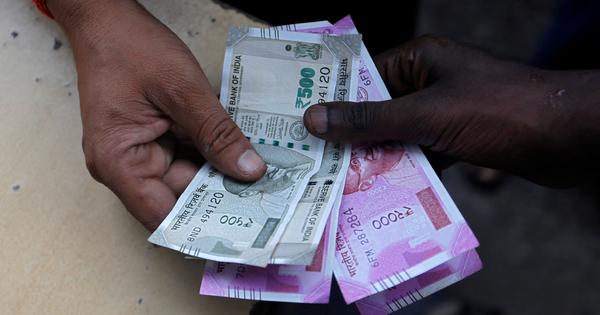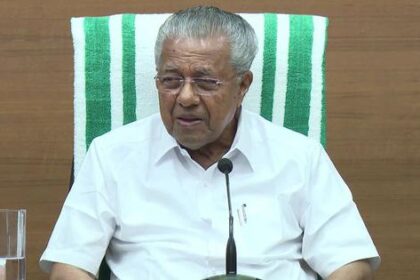New guidelines for EPFO withdrawal aim to streamline processes amid rising criticism from various quarters.
The Union Ministry of Labour and Employment clarified on Wednesday that members of the Employees’ Provident Fund Organisation (EPFO) can withdraw up to 75% of their provident fund corpus immediately upon leaving their job. This announcement comes as part of the ministry’s response to concerns raised on social media regarding changes to withdrawal rules.
According to the ministry, if an individual remains unemployed for a full year, they are eligible to withdraw the entire amount from their provident fund account. Previously, the ministry had announced that the final settlement period for fund withdrawal would be extended from two months to twelve months, a decision that has garnered criticism for potentially delaying access to funds for those who have lost their jobs.
The EPFO members can currently withdraw 75% of their provident fund balance after being unemployed for one month, while those unemployed for two consecutive months can access their complete balance. However, the ministry emphasized that full withdrawal from pension accounts will only be permitted after 36 months of unemployment, which is an extension from the previous two-month rule.
In its clarification, the ministry addressed misleading claims circulating on social media regarding the changes. It stated that the adjustments to the withdrawal rules were aimed at maintaining a balance between providing flexible withdrawal options and ensuring a sufficient corpus at the time of retirement. The ministry also pointed out that frequent withdrawals had previously resulted in breaks in service, which led to the rejection of many pension cases and left employees with minimal funds at their retirement.
Furthermore, the ministry noted that full withdrawal is permitted under specific conditions, including retirement after reaching 55 years of service, permanent disability, retrenchment, voluntary retirement, and permanent relocation outside India, among others. This policy aims to protect the interests of members while also simplifying the withdrawal process.
The recent changes included a reduction in the categories for fund withdrawal from 13 to three: essential needs, housing needs, and special circumstances. Under the ‘essential needs’ category, individuals can withdraw funds for illness, education, and marriage. The new guidelines also allow for partial withdrawals to be made up to ten times for educational purposes and five times for marriage, which is an increase from the previous limit of three combined withdrawals for both categories.
The ministry’s announcement has sparked a debate, with opposition members and experts expressing concerns that the extended settlement period could create obstacles for individuals facing unemployment who need immediate access to their funds. As the situation evolves, the ministry aims to clarify its position on these changes and address any ongoing concerns from EPFO members.








